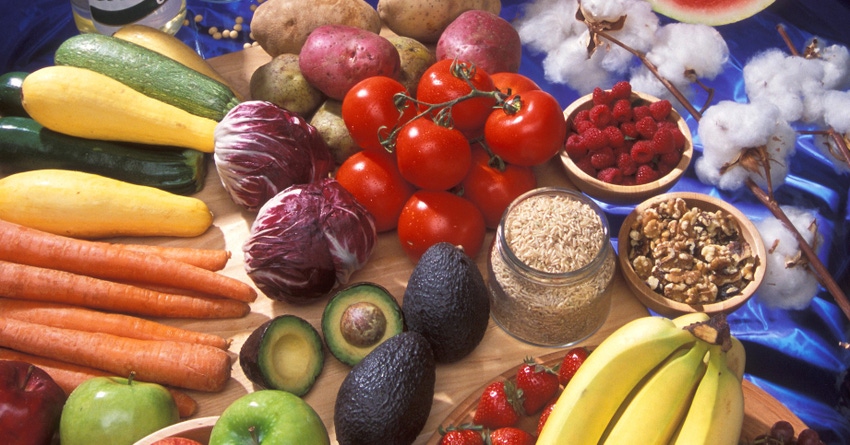March 11, 2022

Fifteen years ago, Family Farm Alliance leaders began ramping up efforts to convey the growing concerns many had with what they were seeing happen across the West. Agricultural water supplies were being reallocated to meet growing urban and environmental water demands.
We started asking our political leaders pointed questions that we thought demanded answers. At what point will too much agricultural land be taken out of production? Do we want to rely on imported food for safety and security? We pointed out that Europeans, who have starved within memory, understood the importance of preserving their food production capability. They recognized it for the national security issue that it is.
And some of those countries still do.
Earlier this month, Business Post reported that all farmers in Ireland will be asked to plant some of their land in wheat, barley and other grains, as part of emergency plans being drawn up by the government to offset a predicted food security crisis in Europe amid Russia’s ongoing assault on Ukraine.
There was for a long time an inborn appreciation and awareness by our own policy leaders for the critical importance of a stable food supply. Now, it appears that many simply assume that food is something that comes from the local grocery store. Our arguments in support of Western irrigated agriculture have in recent years been drowned in a flood of commentary from faraway critics who downplay and even criticize the importance of using water to produce affordable and safe food and fiber.
See more: Special report explores agriculture impact of Russia-Ukraine conflict
Politicians, activists, and the media appear to favor another message: climate change is destroying the planet, and we must take immediate and drastic action to halt it.
Meanwhile, the more pressing need to produce 50 percent more food worldwide in the coming decades to fill the looming global “food gap” is hardly mentioned at all.
At a time when the future of Ukraine’s ability to help feed the outside world is at risk, and the world’s best producers – Western irrigators - are watching their water flushed to the sea to “save” fish, our ability to increase productivity is being further curtailed. The grim global hunger conditions we once expected to encounter in 2050 may now hit us a decade ahead of schedule.
The U.S. needs a stable domestic food supply, just as it needs a stable energy supply. As we teeter on the brink of world war, that stability becomes even more pressing.
Western irrigated agriculture is a strategic national resource, and the role of the federal government in the 21st Century should be to protect and enhance that resource. There may never be a better time than now for thoughtful and courageous leaders to stand up and shout down the critics and back seat drivers who don’t have a single minute’s worth of experience in the Western water arena.
At a time of unprecedented change, one certainty holds firm and true – our nation’s most valuable natural resource – safe, reliable, and affordable food and fiber - must be preserved.
[Dan Keppen is executive director of Family Farm Alliance.]
About the Author(s)
You May Also Like




